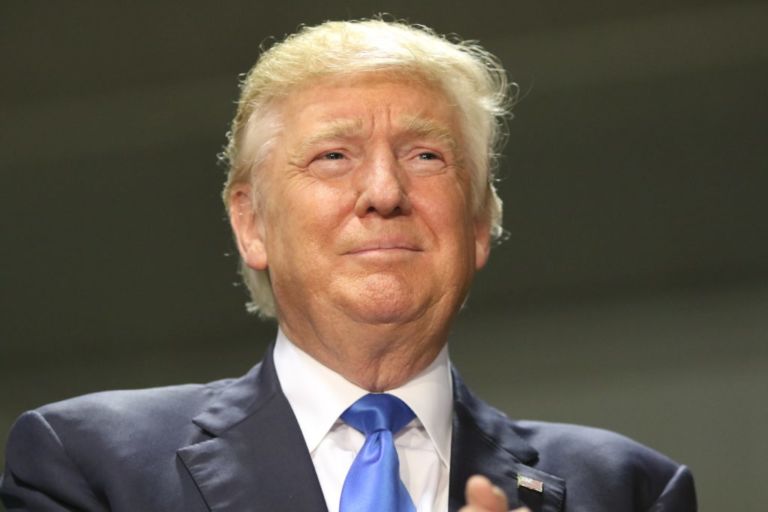Editors at National Review Online ponder the impact of Colorado’s decision to strike Donald Trump from the state’s presidential election ballot.
Donald Trump committed a grave offense against our constitutional system in the wake of the 2020 elections. Our editorials have been consistent on this ever since. In the absence of an unambiguous crime or a clear legal bar, there are two legitimate ways a democratic republic can bar the door to such a man: impeachment by Congress or the verdict of the voters. …
… It would be particularly explosive to disqualify Trump from the presidency after over a year of campaigning, in which he and opponents in both parties have spent hundreds of millions of dollars arguing for or against his candidacy, and at the end of which Trump leads in the polls in both primary and general-election matchups. …
… The Colorado supreme court, however, has other ideas. On Tuesday, it ruled that Trump is disqualified from serving as president again under Section 3 of the 14th Amendment on the theory that he “engaged in” an insurrection on January 6, and that he should therefore be removed from the Republican primary ballot. The 4–3 decision divided the court, all of whose members were appointed by Democratic governors. …
… Having decided the matter, however, they have likely forced the hand of the U.S. Supreme Court to resolve the federal-law questions — and to do so in time for the January 5 deadline to set the Colorado primary ballot.
A Supreme Court battle over Trump’s access to the ballot will also put immense pressure on Joe Biden’s Department of Justice to take a position in the case, which would compel it to choose between the political position of Biden and the Democrats that Trump is an insurrectionist and the political need to avoid appearing to ask for Biden’s likeliest general-election opponent to be taken off the ballot.
While there are a number of subsidiary legal questions under Section 3, the biggest problem is that the Colorado court got it wrong on the merits of the case.


